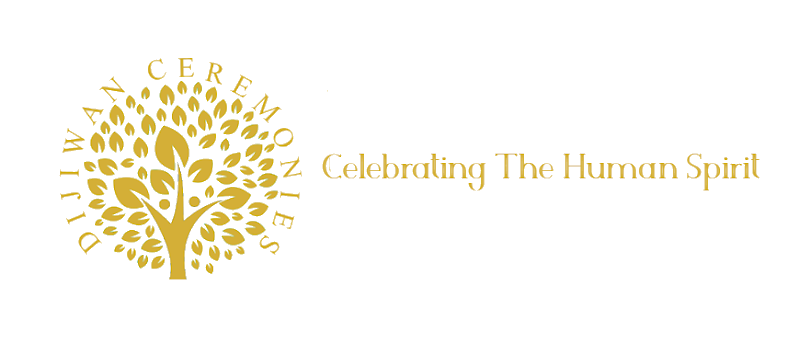For Such Small Creatures
"...for small creatures such as we, the vastness is bearable only through love."
Those words appear in Carl Sagan's only work of fiction, a book called 'Contact' that was eventually made into a movie. According to his daughter, Sasha, they weren't actually written by him. Instead, it was her mother, Ann Druyan, who included them. The book was a collaboration, although Carl's name was put in large print on the cover. In any event, they speak to a feeling that can come very quickly on the heels of awe.
According to our best scientific understandings, the universe that we are a part of came into existence over 14 billion years ago. We don't know if anything existed before, or if it even makes sense to speak of a time before. We also don't know how long this universe will exist. It could be many billions of years, or possibly in some sense forever. One day maybe our descendants will have better means to discover such things.
This universe is large beyond our ability to comprehend. Based on current observations at least about 200 billion galaxies are spinning their way through space, though it is estimated that there may be as many as two trillion such galaxies. On average these galaxies hold about 100 billion stars, although this varies from one to the other. If indeed there are two trillion galaxies, then there should be around 200 sextillion stars in the universe.
Going back now to time, consider where we are in the history of just this planet. Our world is about 4.5 billion years old. That means that for 10 billion years our solar system did not exist. For much of that time it couldn't have existed, because in the beginning the universe was mostly hydrogen. It was in the forge of the heart of stars that heavier matter came to be, like minerals, carbon, water, and so forth. The carbon in your bones was made in the fierce heat of a sun, or perhaps many suns.
Life, in the form of single-celled organisms, arose on this planet between 2.7 and 3.5 billion years ago. Prior to that for millions of years it was inhospitable and lifeless. Here's where it really begins to be mind blowing. Monocellular life reigned supreme on this planet for over 2 billion years, and it was only 600 million years ago that multicellular organisms came to be.
But wait, there's more.
The Stegosaurus lived during the Jurassic, and it had already had been extinct for up to 90 million years before the Tyrannosaurus came along in the Cretaceous. Despite what you might have seen on TV or in movies, these two creatures never co-existed. In fact, the Tyrannosaurus went extinct about 65.5 million years ago, which means that the T-Rex is much closer in time to us than it was to the Stegosaurus.
